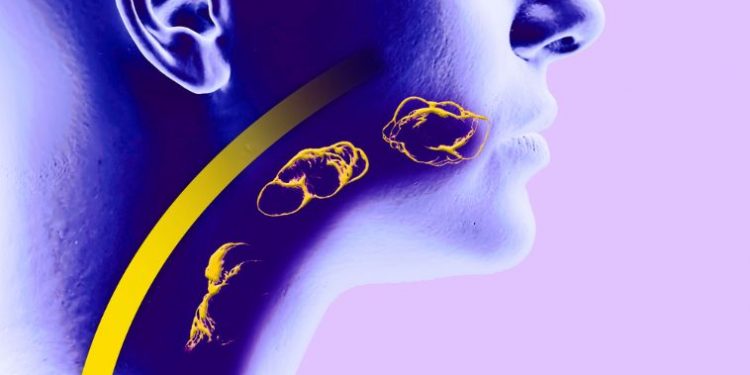The esophagus is the muscular tube that connects the throat (pharynx) to the stomach. Its primary function is to transport masticated and swallowed food boli from the pharynx to the stomach, preventing reflux of gastric contents from the stomach into the mouth. Abnormalities of esophageal motor function can lead to problems such as difficulty swallowing, heartburn and regurgitation.
The inner lining of the esophagus is called the mucosa and it has three layers. The mucosa is moist to help food move smoothly down the esophagus and into the stomach. The layer just below, the lamina propria, contains blood vessels and nerves. It also contains glands that produce a thick fluid, called mucus. This mucus helps keep the esophagus clean and protects it from ulcers. The muscularis mucosa, the muscle layer that pushes food down into the stomach, is under the lamina propria.
Outside the esophagus is the adventitia, which attaches it to other parts of the body. The esophagus connects to the stomach at a point called the gastro-oesophageal junction. The gastro-oesophageal junction may become irritated and swollen as a result of acid reflux. If the irritation continues, it can cause a condition called Barrett’s esophagus, which is when the lining of the bottom part of the esophagus starts to look more like the lining of the stomach. This condition may increase the risk of esophageal cancer.

Lymph channels and lymph nodes provide the esophagus with lymphatic drainage. These lymph channels start as blind sacculations that are endothelial and collect into larger lymph channels throughout the esophagus, which then combine to enter into different regional lymph nodes. Lymph nodes are small lymph glands that contain white blood cells that help fight infection.
In some vertebrates, the esophagus is not just a conduit between the pharynx and the stomach; it may serve as a storage reservoir or ancillary digestive organ. In birds, for example, an expanded region of the esophagus anterior to the stomach forms a thin-walled crop that serves as a temporary food storage area and allows some species to carry food back to their young.
Most conditions affecting the esophagus can be diagnosed by a physical examination or an upper endoscopy, which involves inserting a flexible tube with a camera at the end (endoscope) into your throat and down into your esophagus. Other tests to check your esophagus and the rest of your digestive tract include barium swallow, in which you drink a chalky-tasting liquid that makes your esophagus show up more clearly on X-rays, and a pH test, in which you swallow a catheter (a thin tube with a tiny balloon on the end) that measures how often stomach acid enters your esophagus. If you have a persistent problem with your esophagus, your healthcare provider may recommend over-the-counter or prescription medication, procedures or surgery. Your healthcare provider may also suggest a diet or lifestyle changes to help treat your condition. If your esophagus is infected, he or she may need to drain the fluid from the esophagus into a small tube (catheter). This procedure can be done in your hospital’s operating room or in an outpatient clinic.









